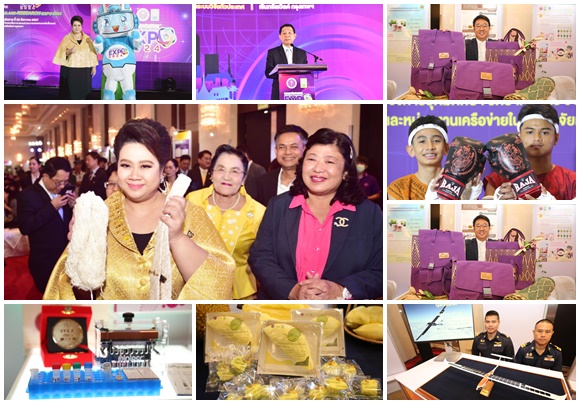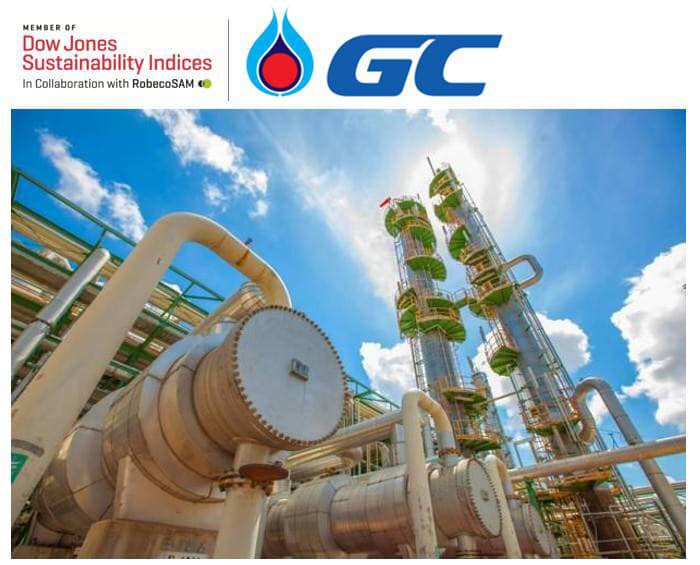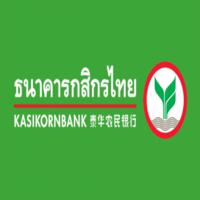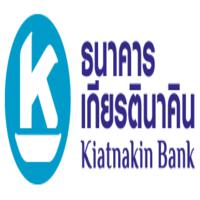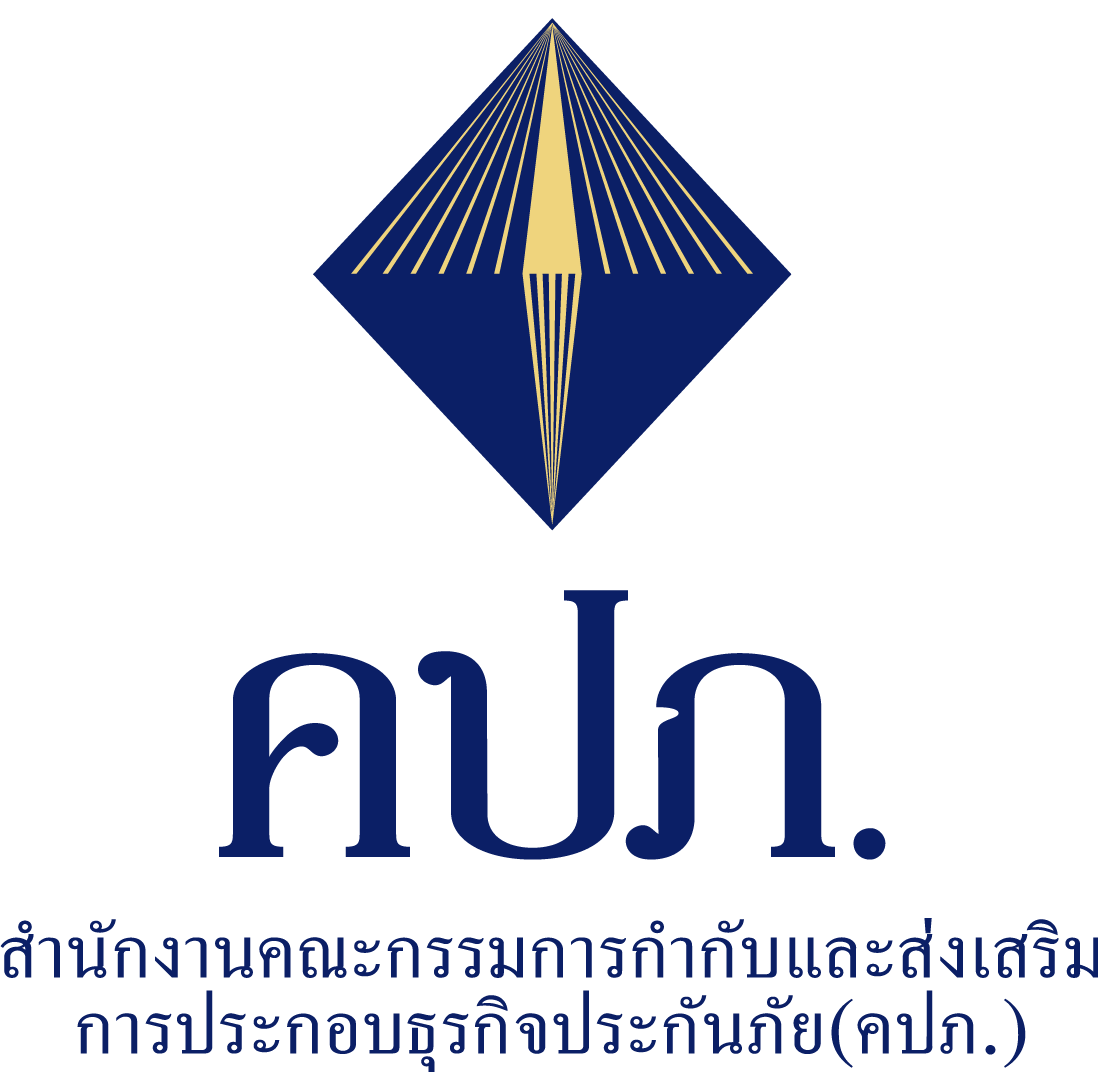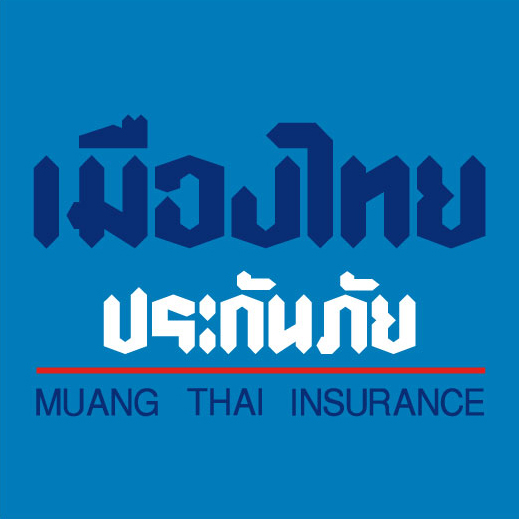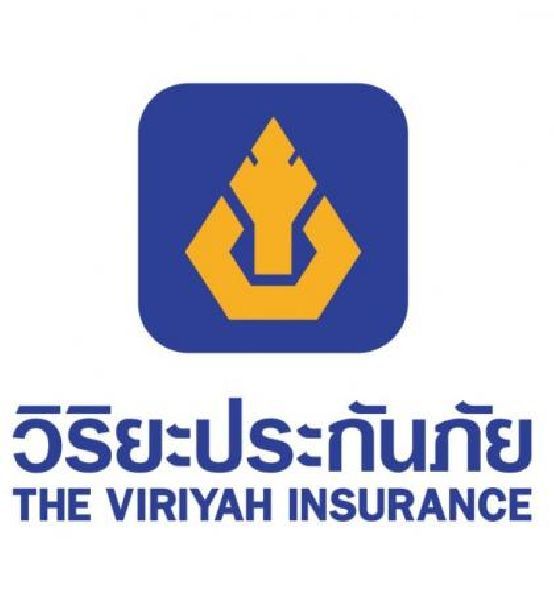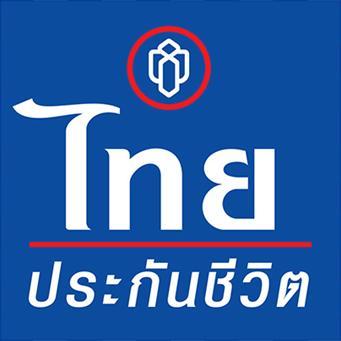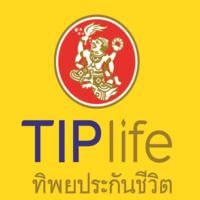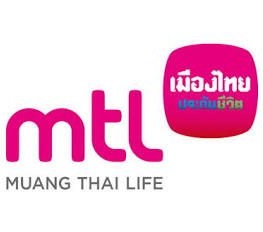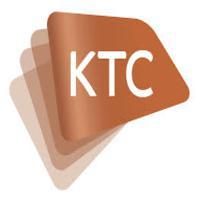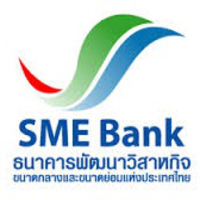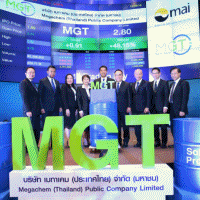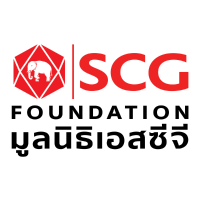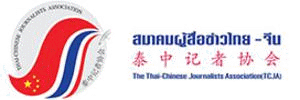- Details
- Category: กลต.
- Published: Monday, 13 October 2014 16:42
- Hits: 3300
ก.ล.ต. อนุญาตให้จัดสรรหลักทรัพย์แก่บุคคลที่เกี่ยวข้องกับบริษัทที่ออกหลักทรัพย์
ก.ล.ต. ผ่อนคลายให้บุคคลที่เกี่ยวข้องกับบริษัทที่ออกหลักทรัพย์ได้รับจัดสรรหุ้น IPO ได้ไม่เกินร้อยละ 25 ของหุ้นทั้งหมดที่เสนอขาย และได้รับการจัดสรรหุ้นกู้ ตั๋วเงิน และใบสำคัญแสดงสิทธิอนุพันธ์ (DW) เช่นเดียวกับผู้ลงทุนทั่วไป เพื่อสร้างความสมดุลในการกำกับดูแลการเสนอขายหลักทรัพย์และคุ้มครองผู้ลงทุน
นายวรพล โสคติยานุรักษ์ เลขาธิการ ก.ล.ต. เปิดเผยว่าคณะกรรมการกำกับตลาดทุนมีมติเห็นชอบแก้ไขหลักเกณฑ์ให้บุคคลที่เกี่ยวข้องกับบริษัทที่ออกหลักทรัพย์ เช่น กรรมการ ผู้บริหารของบริษัทที่ออกหลักทรัพย์ ได้รับจัดสรรหลักทรัพย์ที่เสนอขายได้ โดยต้องแบ่งสัดส่วนหลักทรัพย์ที่จะจัดสรรให้บุคคลดังกล่าวไว้อย่างชัดเจน พร้อมเปิดเผยรายละเอียดการจัดสรรไว้ในแบบแสดงรายการข้อมูลการเสนอขายหลักทรัพย์ (แบบ filing) และหนังสือชี้ชวน
สำหรับการเสนอขายหุ้น IPO ให้บุคคลที่เกี่ยวข้องได้รับจัดสรรไม่เกิน 25 % ของจำนวนหุ้นที่เสนอขายทั้งหมด ส่วนกรณีที่บริษัทที่จดทะเบียนในตลาดหลักทรัพย์ฯ อยู่แล้ว เสนอขายหุ้นหรือวอร์แรนต์ในลักษณะ PO สามารถจัดสรรให้บุคคลที่เกี่ยวข้องได้ แต่บริษัทต้องระบุรายละเอียดการจัดสรรให้แก่บุคคลที่เกี่ยวข้องไว้ในหนังสือนัดประชุมผู้ถือหุ้นที่จะเสนอวาระอนุมัติการออกหลักทรัพย์ เพื่อให้ผู้ถือหุ้นทราบทิศทางการเข้ามาถือหลักทรัพย์ของบุคคลที่เกี่ยวข้อง และระวังการออกเสียงของบุคคลที่มีส่วนได้เสีย สำหรับหุ้นกู้ ตั๋วเงิน และ DW เปิดให้บุคคลที่เกี่ยวข้องได้รับจัดสรรตามหลักเกณฑ์เดียวกับผู้ลงทุนทั่วไป นอกจากนี้ กำหนดให้บริษัทดูแลให้ผู้จองซื้อหลักทรัพย์ไม่ว่าด้วยวิธีการใด ๆ เช่น ทางเว็บไซต์ หรือโทรศัพท์ ได้รับสรุปสาระสำคัญของข้อมูลการเสนอขาย (executive summary หรือ fact sheet) เพื่อใช้ประกอบการตัดสินใจลงทุน
“หลักเกณฑ์การห้ามจัดสรรหลักทรัพย์แก่กลุ่มบุคคลที่เกี่ยวข้องกับบริษัทที่ออกหลักทรัพย์ใช้บังคับมาระยะหนึ่งแล้ว ก.ล.ต. จึงแก้ไขเกณฑ์ดังกล่าวเพื่อสอดคล้องในทางปฏิบัติและสภาพการณ์ปัจจุบัน เพื่ออำนวยความสะดวกให้แก่ภาคเอกชนที่ต้องการระดมทุนผ่านช่องทางตลาดทุน และให้ความคุ้มครองผู้ลงทุน โดยกำหนดให้เปิดเผยข้อมูลให้ชัดเจนสำหรับการตัดสินใจลงทุน” นายวรพล กล่าว
SEC allows securities allotment to related persons of issuing companies
The SEC allows allotment of newly issued shares in an IPO to related persons of issuing companies up to 25 per cent of total number of shares offered. For offering of debentures, bills of exchange (B/E) and derivative warrants (DW), allotment to the related persons will be allowed in the similar manner as that to general investors. The revised regulations aim to strike a balance between supervision on securities offering and investor protection.
SEC Secretary-General Vorapol Socatiyanurak revealed that the Capital Market Supervisory Board recently approved relaxation of regulations on securities allotment to related persons of issuing companies such as directors and executives, providing that the issuing companies must clearly define the portion to be allotted to the related persons while details of the allotment must be disclosed in registration statement and prospectus.
For an IPO, shares may be allotted to the related persons up to 25 per cent of total offered shares. In cases of listed companies offering shares or share warrants,
the allotment to the related persons is permitted with disclosure of details on the allotment in notice calling for shareholders’ meeting to seek approval for such offering. Accordingly, shareholders can learn and aware of the related persons’ movement and their voting. Meanwhile, the allotment of debentures, B/E and DW to the related persons and general investors applies the same rules. In addition, the issuing companies must ensure that subscribers through any channels such as website or telephone, obtain executive summary or factsheet for their investment decision making.
“The regulations on securities allotment to the issuing companies’ related persons must be revised as they have been in force for years. The revision aims to achieve more practicality and be more responsive to current circumstances which can help facilitate private sector’s fund raising in the capital market. Without compromising investor protection, the revised regulations focus more on clear and adequate information disclosure for investment decision making,” said Vorapol.












